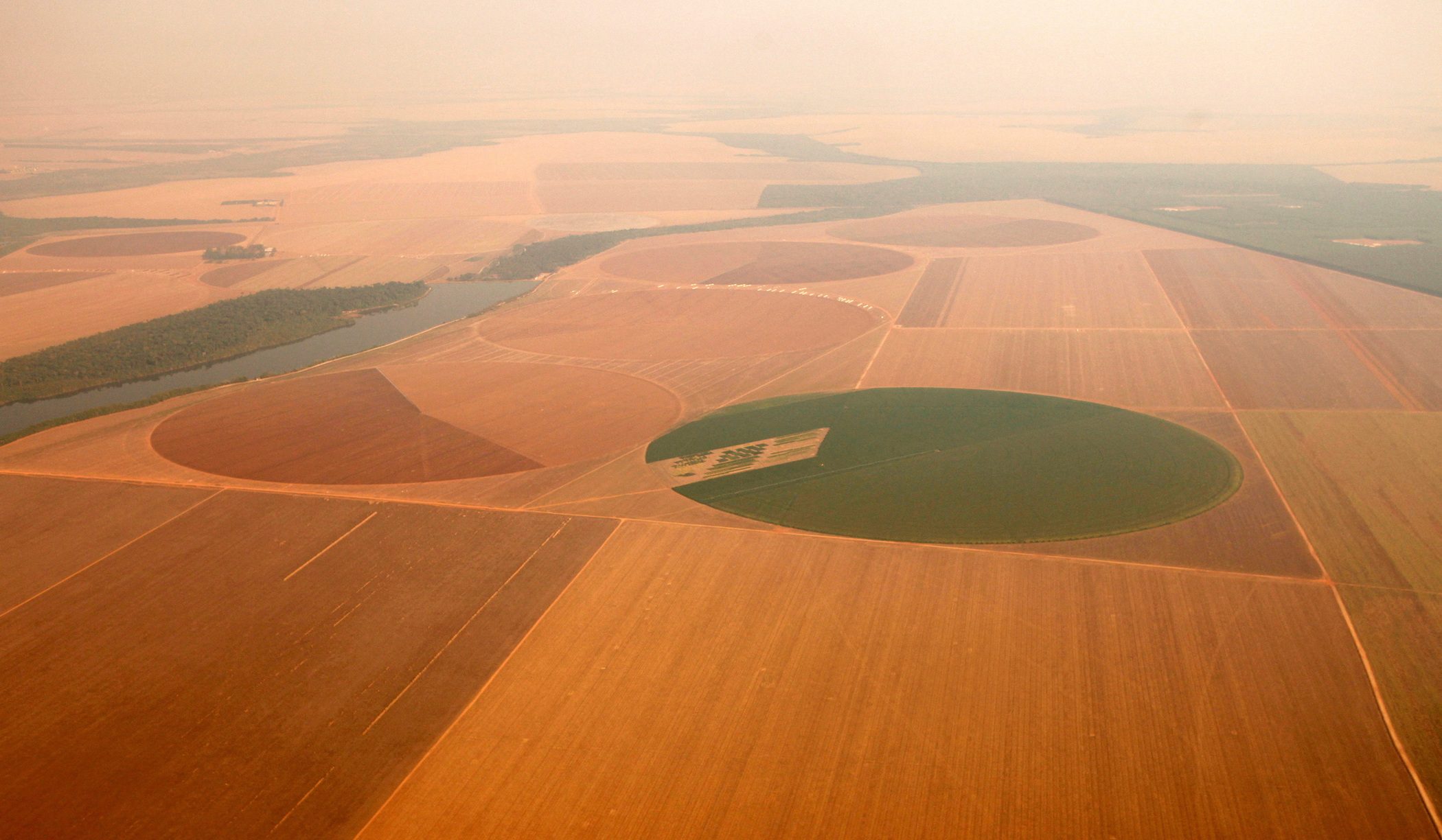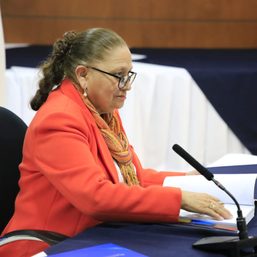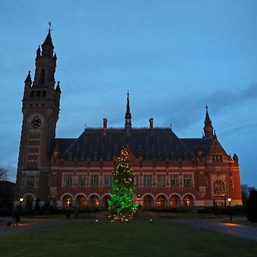SUMMARY
This is AI generated summarization, which may have errors. For context, always refer to the full article.

DUBAI, United Arab Emirates – Eight of the world’s top commodities traders have pledged to stop buying soy from farms that ruin South American grasslands, adding to previous commitments to shun growers that clear forests, a sector group said on Saturday, December 9, on the sidelines of the COP28 climate summit.
The move could bolster conservation for Brazil’s Cerrado, the world’s most biodiverse savanna, at least half of which has already been destroyed for agriculture. Farming, forestry, and land use account for more than a fifth of planet warming-emissions.
The firms, including Archer Daniels Midland, Bunge, Cargill, and Louis Dreyfus Company, agreed that by the end of the decade they will no longer buy soy from farms that destroyed any non-forest natural vegetation in the Amazon rainforest, Chaco dry woodlands, or the Cerrado, said Petra Tanos of the Tropical Forest Alliance.
The commitment adds to the sector’s pledge last year to eliminate deforestation by 2025.
Tanos said the move is most consequential for the Cerrado, Brazil’s most rapidly expanding agricultural frontier that includes large stretches of grassland. In 2023, Cerrado destruction hit its highest point in eight years.
The Tropical Forest Alliance is a World Economic Forum initiative that works with commodities firms on environmental commitments.
Beyond the United States, the largest soy exporting nations are in South America, where natural vegetation is typically cleared to make way for farms.
In the lead-up to the United Nations COP28 climate change summit in Dubai, some of the companies announced even more aggressive commitments. Last month, Cargill announced it would eliminate deforestation and land conversion from its supply chains by 2025 in Brazil, Argentina, and Uruguay.
Archer Daniels Midland committed to eliminating land conversion among its direct suppliers by 2025 and indirect suppliers by 2027 across sensitive South American biomes.
But the industry has a history of failing to meet past commitments. In 2010, hundreds of consumer brands pledged to reach “net zero” deforestation by 2020, but failed to meet the goal. – Rappler.com
Add a comment
How does this make you feel?












![[WATCH] Try This: Empanada Salteña from Argentina](https://www.rappler.com/tachyon/2023/04/try-this-empanada-saltena-argentina.jpg?resize=257%2C257&crop=765px%2C0px%2C1037px%2C1037px)

There are no comments yet. Add your comment to start the conversation.